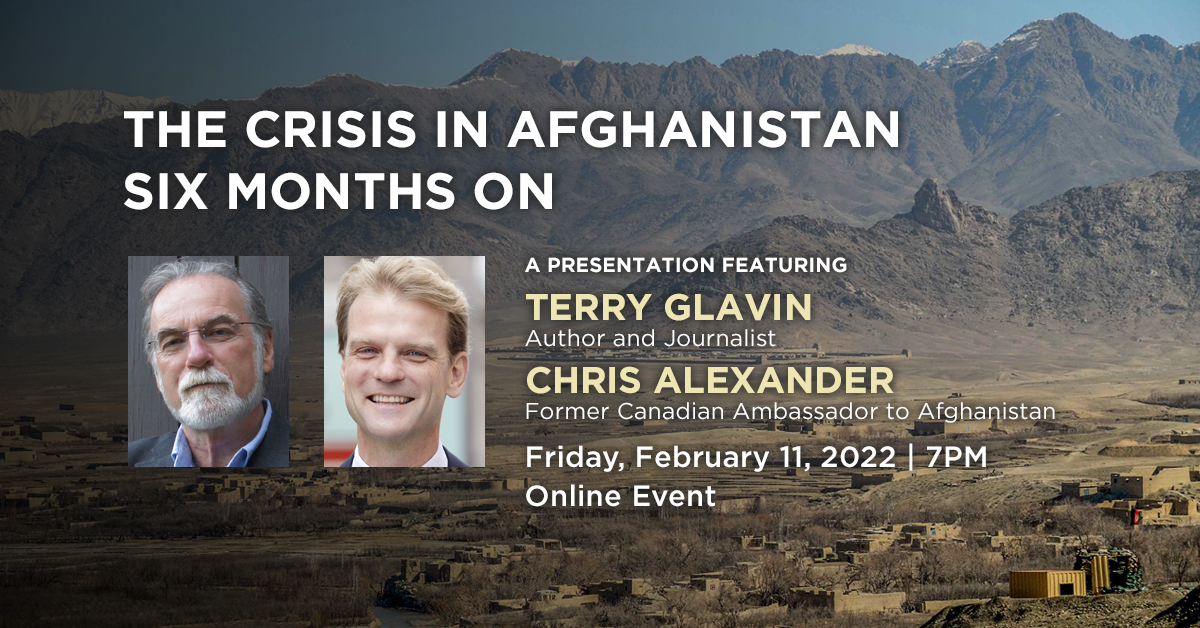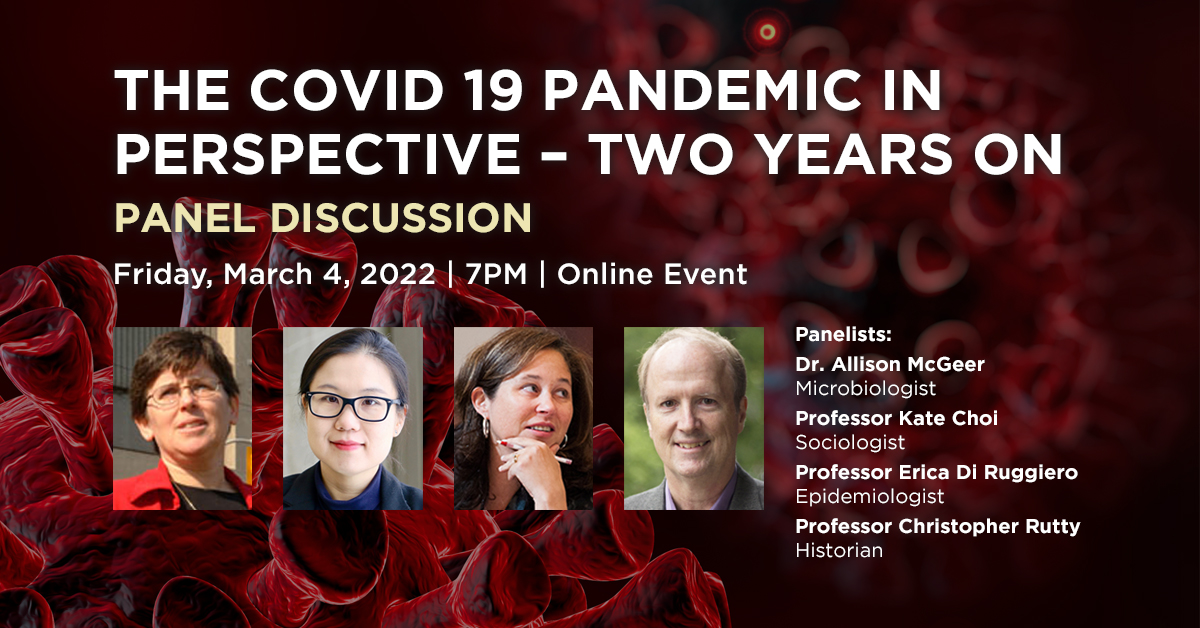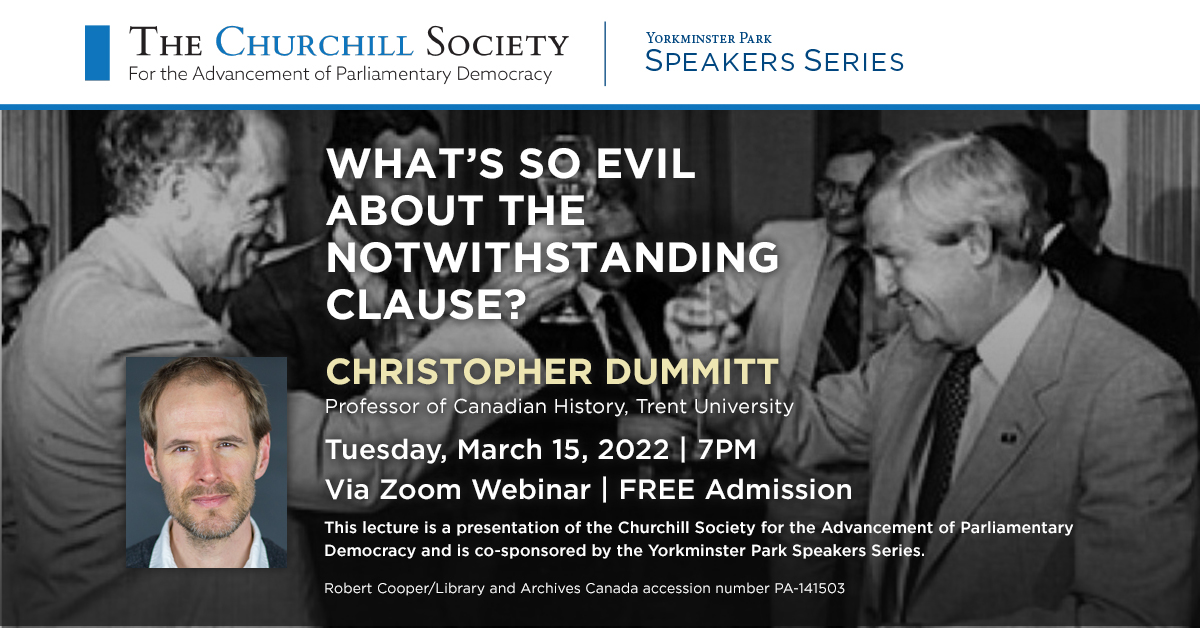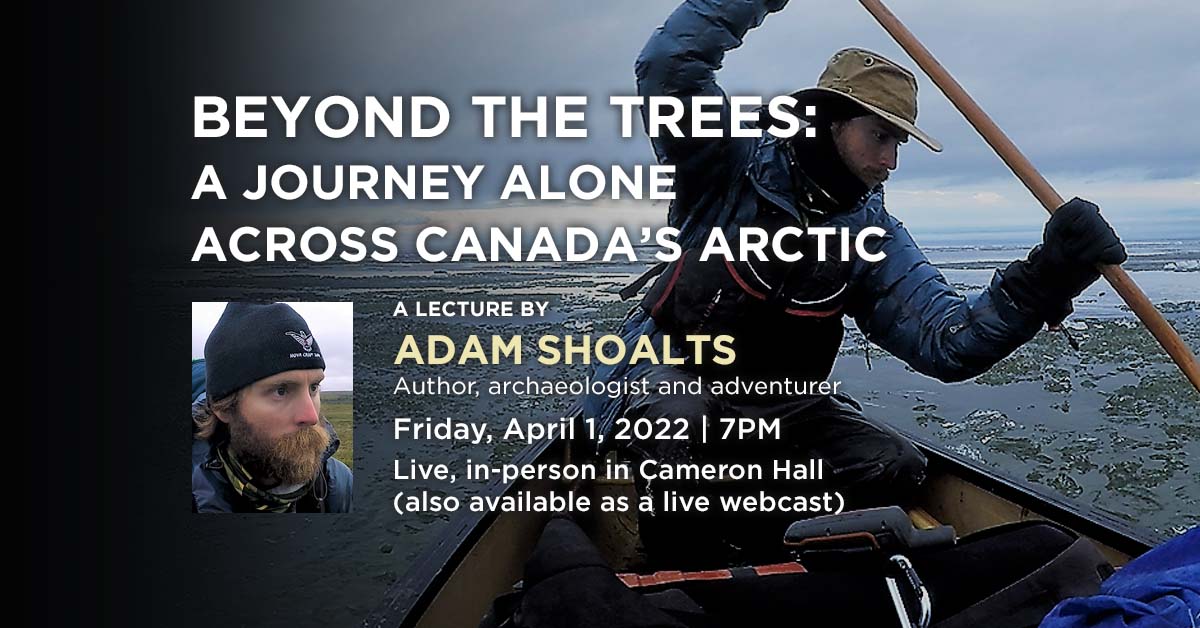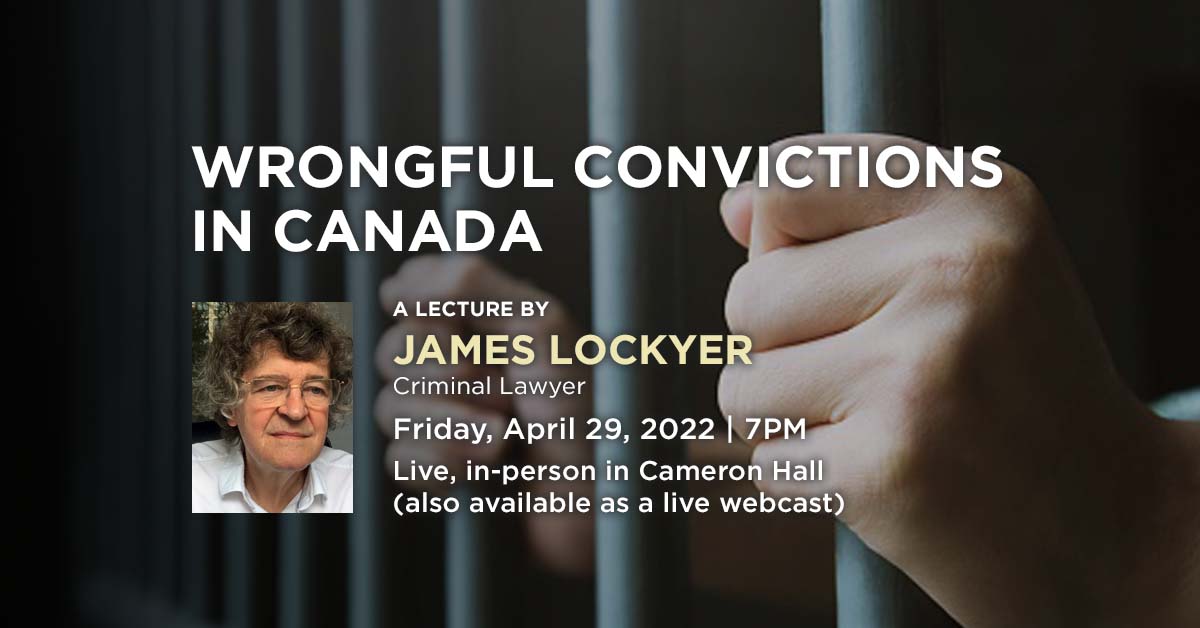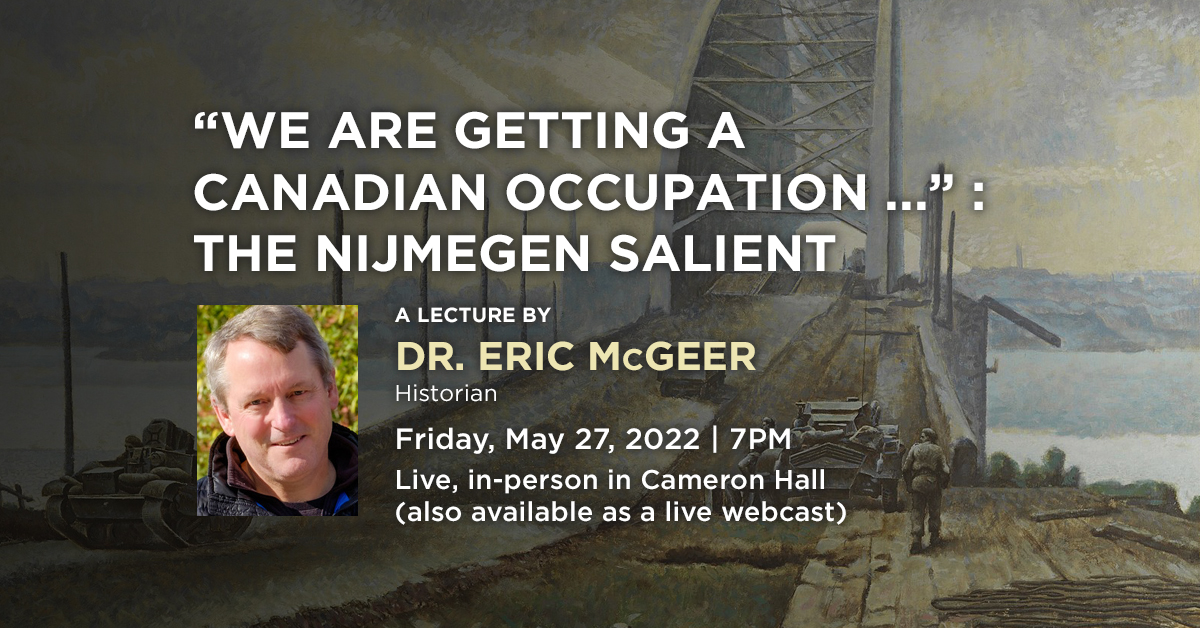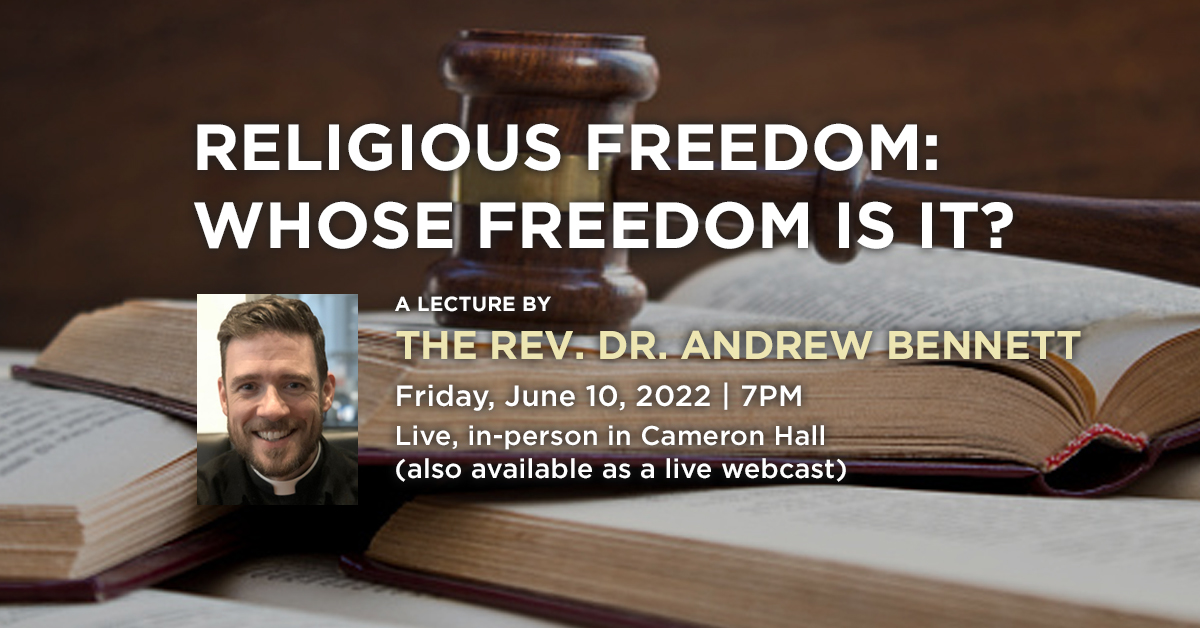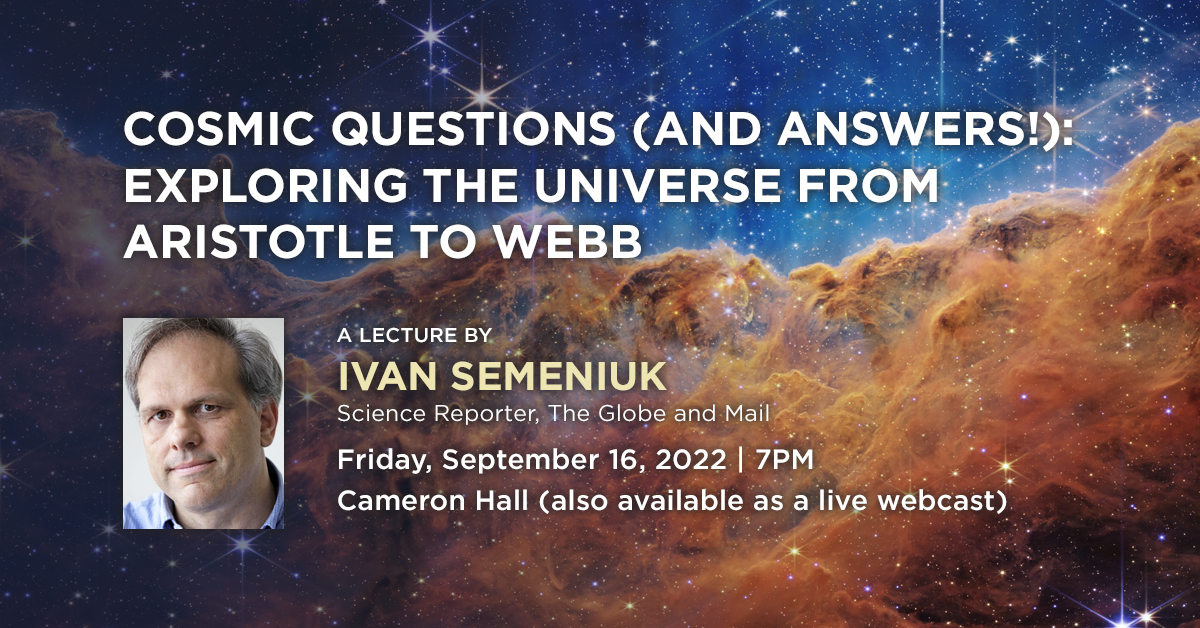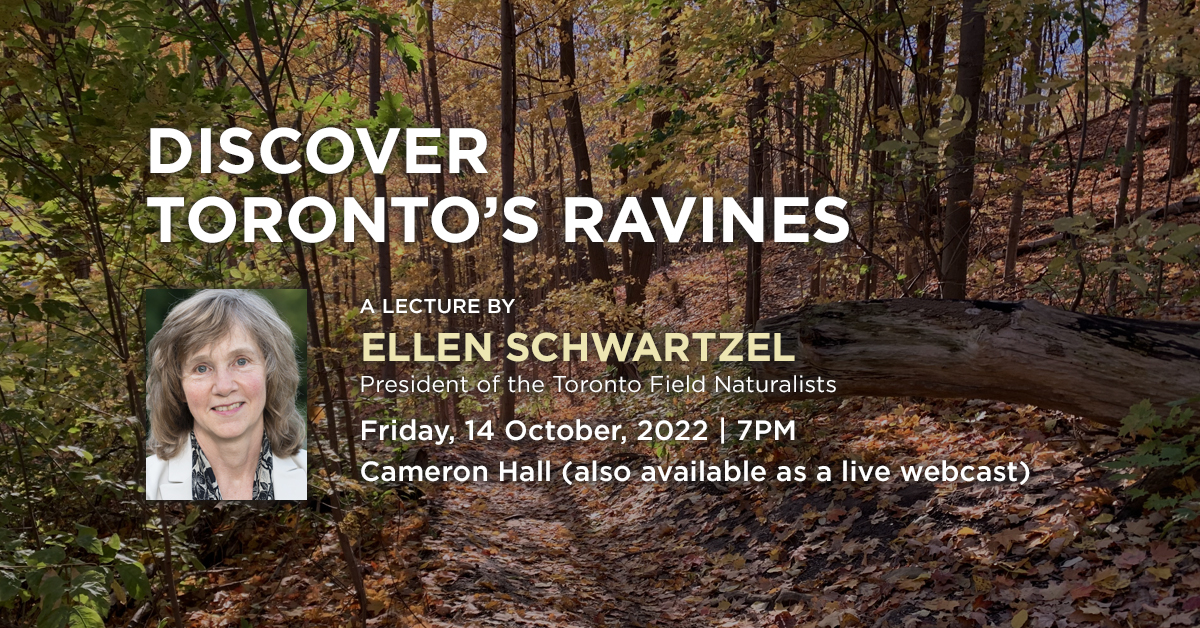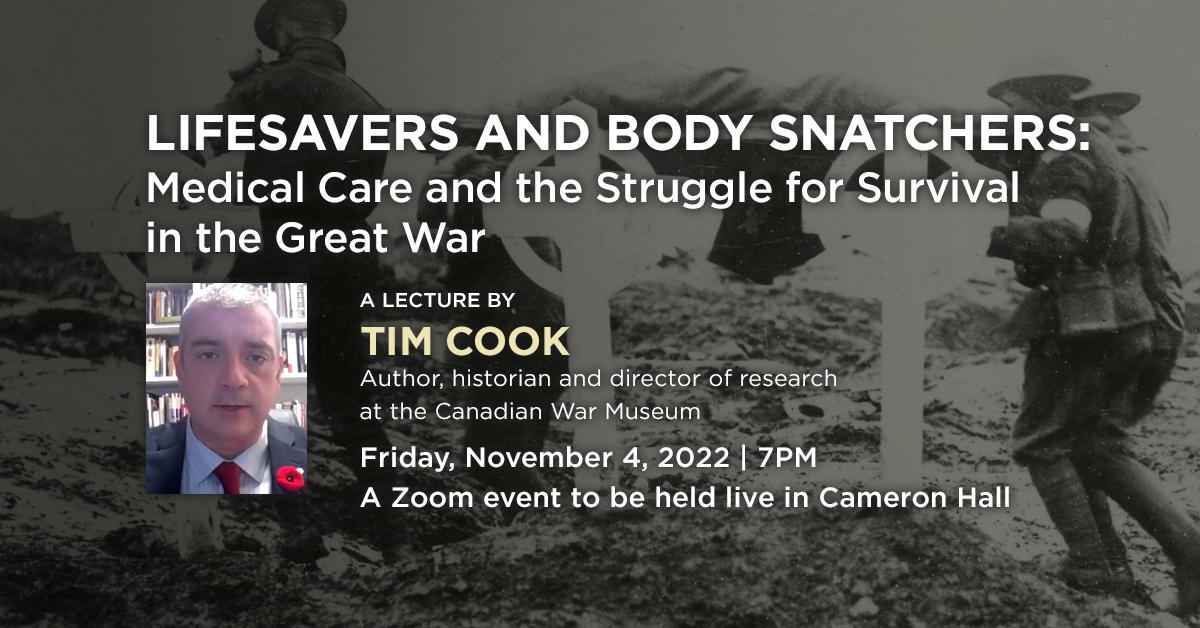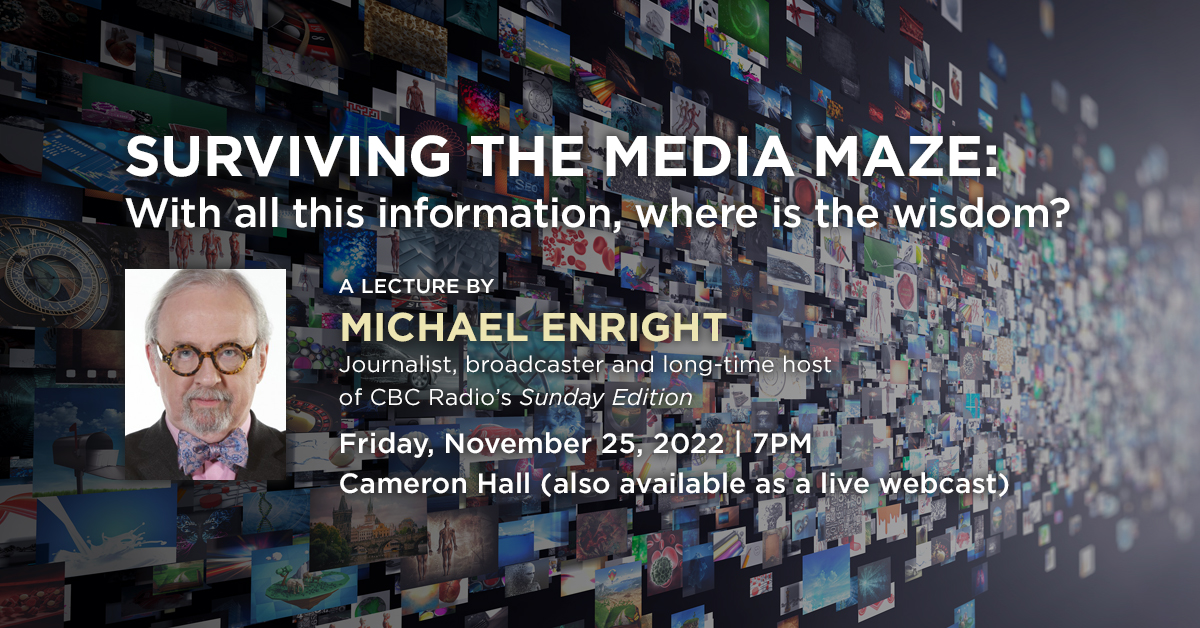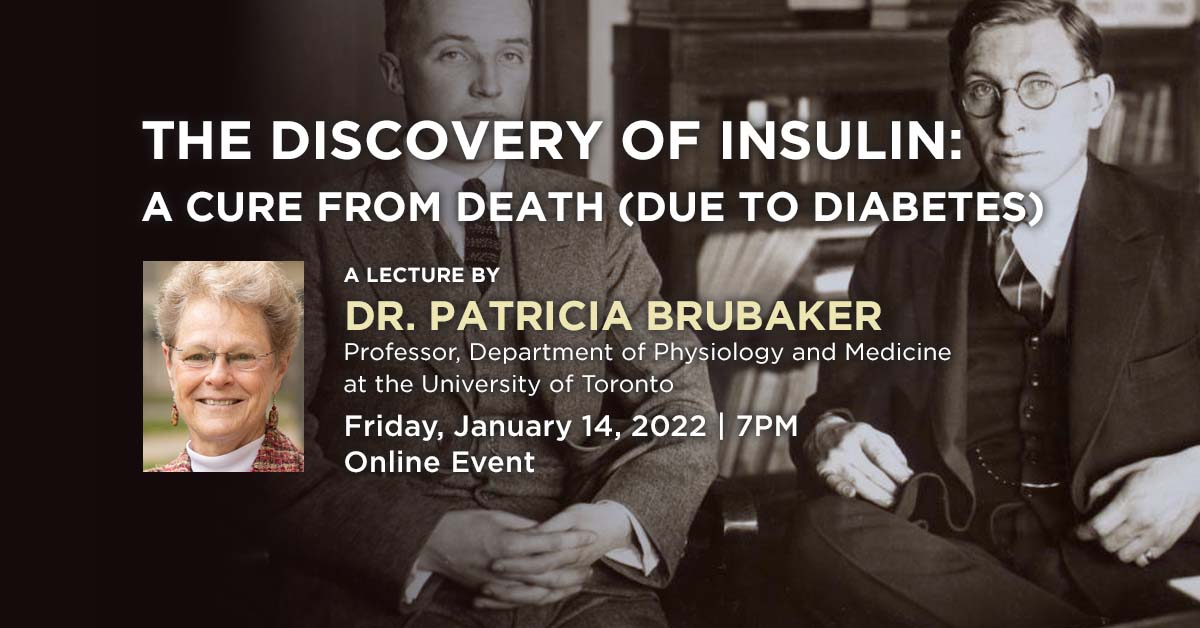
The Discovery of Insulin: a cure from death (due to diabetes)
Cameron Hall 1585 Yonge Street, TorontoOne hundred years ago, Frederick Banting, MD had an idea in the middle of the night that culminated in the discovery of insulin, a ‘cure’ for certain death in patients with Type 1 diabetes. In this lecture Professor Patricia Brubaker will trace the origins of this discovery, covering not only the science and the individuals involved in this ground-breaking discovery, but also the process that led to the commercialization of insulin, enabling worldwide access to this lifesaving treatment.


